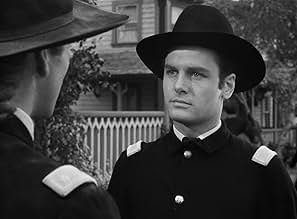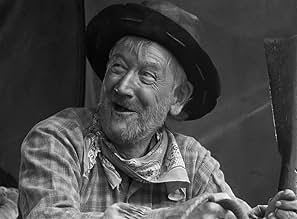A highly fictionalized account of the life of George Armstrong Custer from his arrival at West Point in 1857 to his death at the battle of the Little Big Horn in 1876.A highly fictionalized account of the life of George Armstrong Custer from his arrival at West Point in 1857 to his death at the battle of the Little Big Horn in 1876.A highly fictionalized account of the life of George Armstrong Custer from his arrival at West Point in 1857 to his death at the battle of the Little Big Horn in 1876.







































